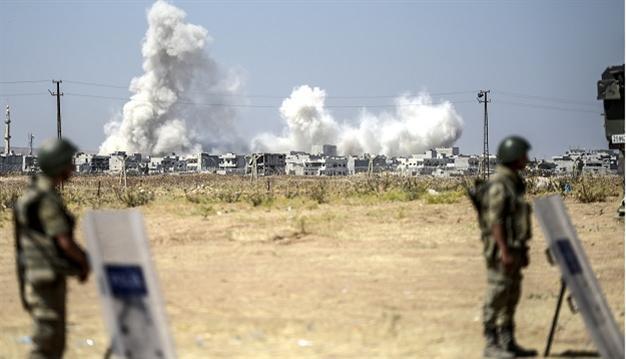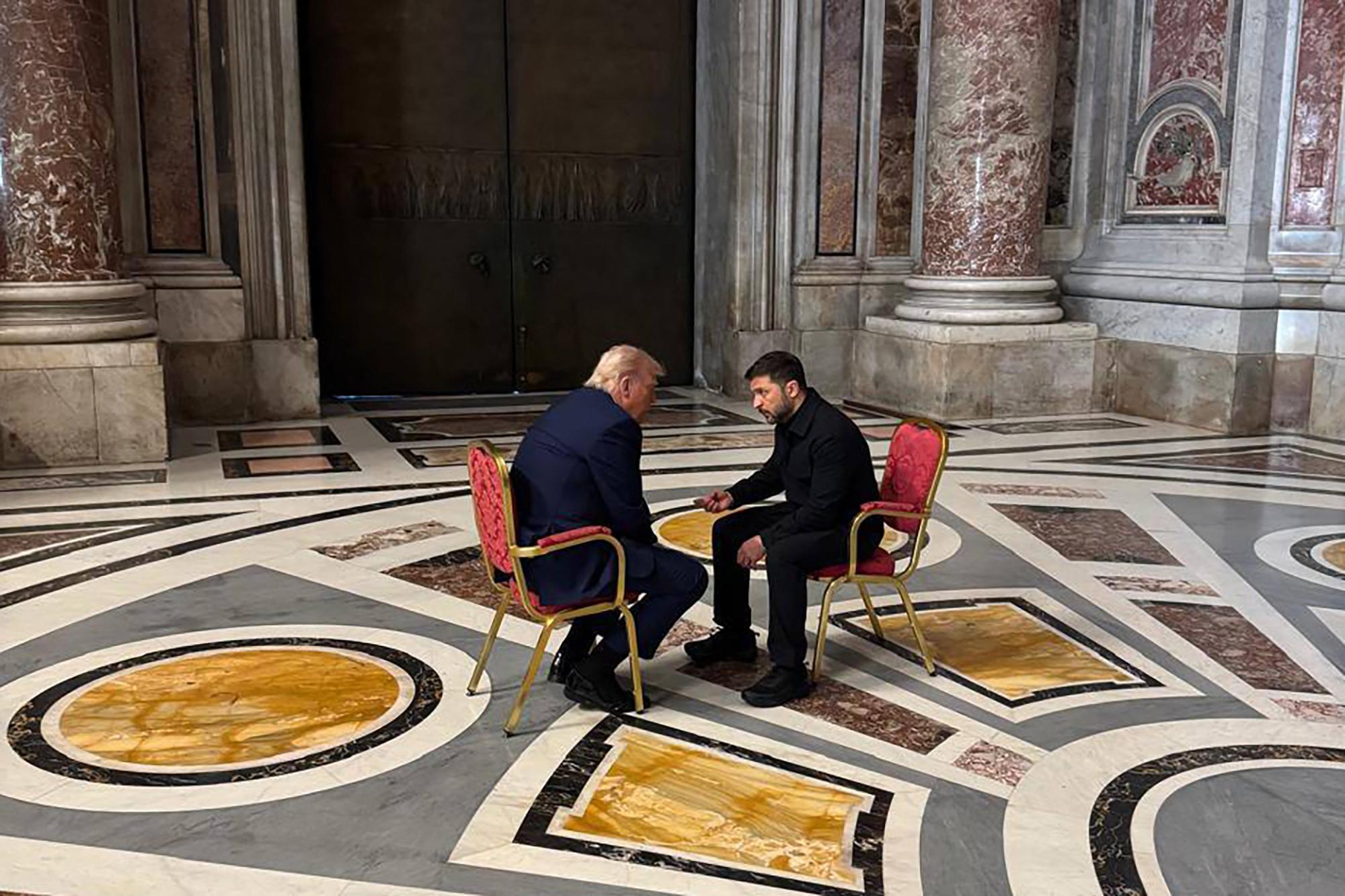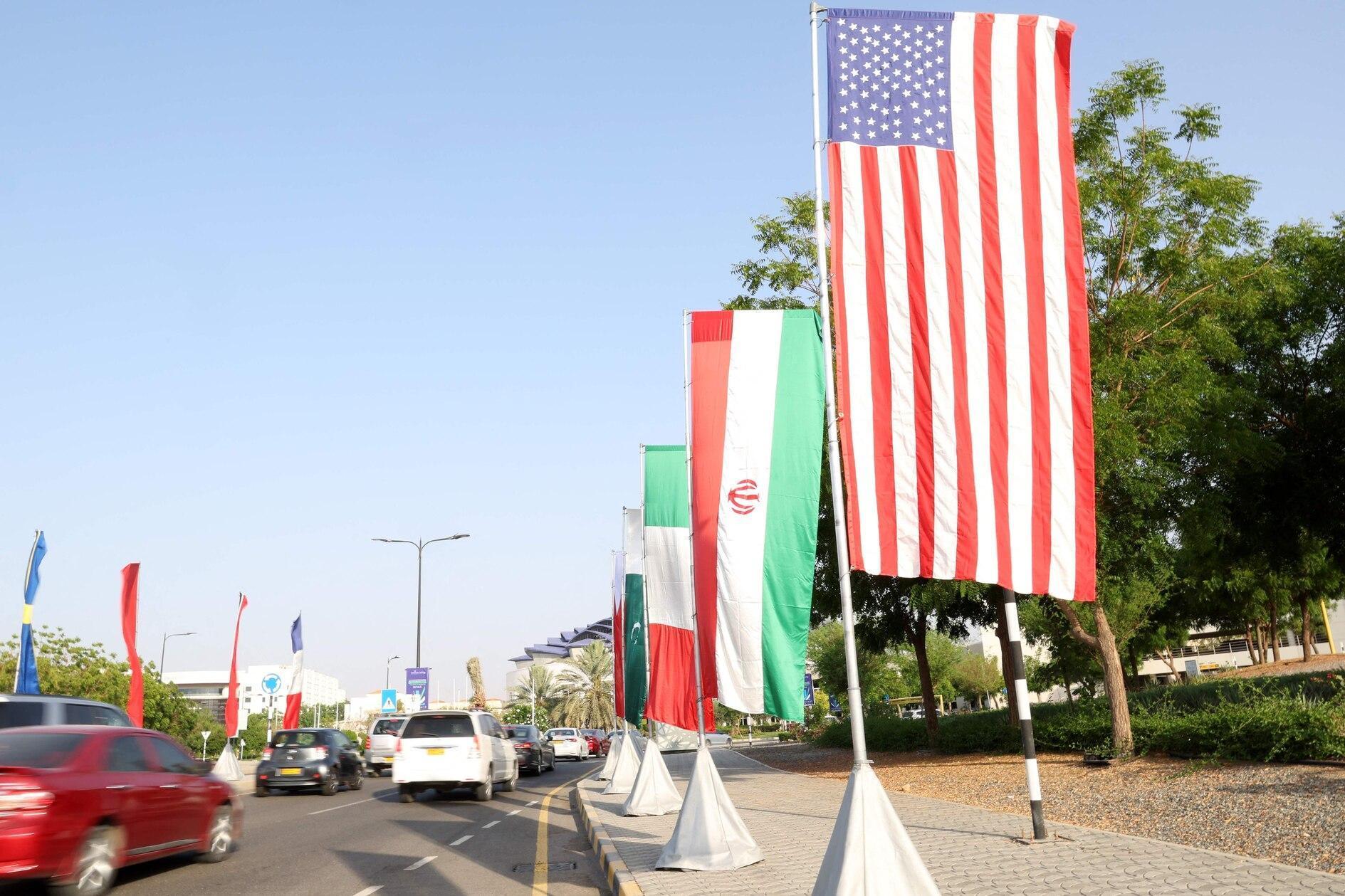Turkey looking to construct more walls on Syria border
ANKARA - Reuters

A picture taken from the Turkish side of the border in Suruç, Şanlıurfa province, shows Turkish soldiers standing as smoke rises from the Syrian town of Kobane, also known as Ain al-Arab, on June 27, 2015, a day after a deadly suicide bombing occurred. AFP PHOTO/BULENT KILIC
Turkey wants to construct more walls along its border with Syria to strengthen security against Islamic State of Iraq and the Levant (ISIL) militants and crack down on illegal border crossings, senior officials told Reuters on June 27.Turkey shares a more than 900 km (560 mile) border with Syria, and much recent fighting has taken place on its doorstep.
On June 27 Syrian Kurdish fighters secured the town of Kobane near the Turkish border, two days after ISIL launched a deadly attack in the area.
Turkey has already erected more than 10 km of walls along its borders, supported by additional measures such as thermal cameras.
Now, the government wants to add to that and is considering adding portable concrete walls in some locations, two officials told Reuters. The portable walls, which are made up of concrete slabs, can be taken down and reassembled in different locations.
Ankara decided that constructing a wall along the length of the border would be too costly. The officials declined to say how long a wall the government was looking to build, or where it would put it.
Turkey has kept an open-border policy throughout Syria's civil war and has vowed to maintain it, providing a lifeline to rebels battling President Bashar al-Assad by allowing supplies in and refugees out.
But the policy has had its costs. Smuggling has thrived, and a growing number of Syrians forced by the war to eke out a living where they can, swell the ranks of those trying to cross back and forth outside the official border posts.
That has compounded the challenge of securing the border for Turkish authorities, already accused of doing too little to stop foreign jihadists from entering Syria and posing an even bigger risk to the wider region.
















